RN Residency Program: Nursing Units & Specialties Overview
advertisement
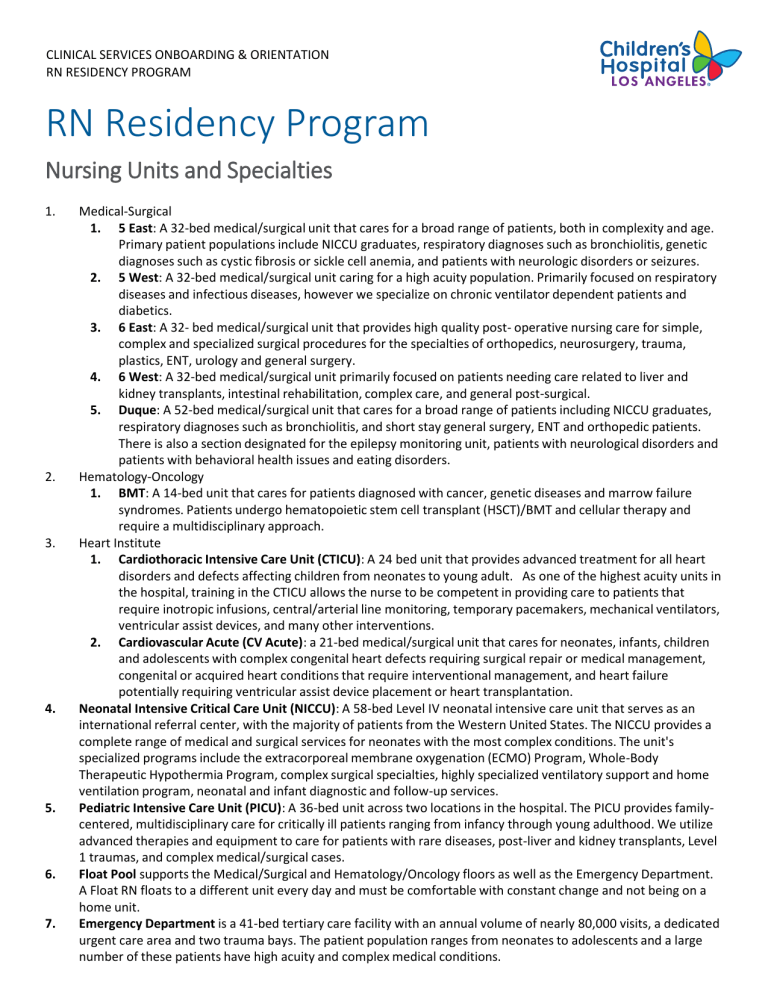
CLINICAL SERVICES ONBOARDING & ORIENTATION RN RESIDENCY PROGRAM RN Residency Program Nursing Units and Specialties 1. 2. 3. 4. 5. 6. 7. Medical-Surgical 1. 5 East: A 32-bed medical/surgical unit that cares for a broad range of patients, both in complexity and age. Primary patient populations include NICCU graduates, respiratory diagnoses such as bronchiolitis, genetic diagnoses such as cystic fibrosis or sickle cell anemia, and patients with neurologic disorders or seizures. 2. 5 West: A 32-bed medical/surgical unit caring for a high acuity population. Primarily focused on respiratory diseases and infectious diseases, however we specialize on chronic ventilator dependent patients and diabetics. 3. 6 East: A 32- bed medical/surgical unit that provides high quality post- operative nursing care for simple, complex and specialized surgical procedures for the specialties of orthopedics, neurosurgery, trauma, plastics, ENT, urology and general surgery. 4. 6 West: A 32-bed medical/surgical unit primarily focused on patients needing care related to liver and kidney transplants, intestinal rehabilitation, complex care, and general post-surgical. 5. Duque: A 52-bed medical/surgical unit that cares for a broad range of patients including NICCU graduates, respiratory diagnoses such as bronchiolitis, and short stay general surgery, ENT and orthopedic patients. There is also a section designated for the epilepsy monitoring unit, patients with neurological disorders and patients with behavioral health issues and eating disorders. Hematology-Oncology 1. BMT: A 14-bed unit that cares for patients diagnosed with cancer, genetic diseases and marrow failure syndromes. Patients undergo hematopoietic stem cell transplant (HSCT)/BMT and cellular therapy and require a multidisciplinary approach. Heart Institute 1. Cardiothoracic Intensive Care Unit (CTICU): A 24 bed unit that provides advanced treatment for all heart disorders and defects affecting children from neonates to young adult. As one of the highest acuity units in the hospital, training in the CTICU allows the nurse to be competent in providing care to patients that require inotropic infusions, central/arterial line monitoring, temporary pacemakers, mechanical ventilators, ventricular assist devices, and many other interventions. 2. Cardiovascular Acute (CV Acute): a 21-bed medical/surgical unit that cares for neonates, infants, children and adolescents with complex congenital heart defects requiring surgical repair or medical management, congenital or acquired heart conditions that require interventional management, and heart failure potentially requiring ventricular assist device placement or heart transplantation. Neonatal Intensive Critical Care Unit (NICCU): A 58-bed Level IV neonatal intensive care unit that serves as an international referral center, with the majority of patients from the Western United States. The NICCU provides a complete range of medical and surgical services for neonates with the most complex conditions. The unit's specialized programs include the extracorporeal membrane oxygenation (ECMO) Program, Whole-Body Therapeutic Hypothermia Program, complex surgical specialties, highly specialized ventilatory support and home ventilation program, neonatal and infant diagnostic and follow-up services. Pediatric Intensive Care Unit (PICU): A 36-bed unit across two locations in the hospital. The PICU provides familycentered, multidisciplinary care for critically ill patients ranging from infancy through young adulthood. We utilize advanced therapies and equipment to care for patients with rare diseases, post-liver and kidney transplants, Level 1 traumas, and complex medical/surgical cases. Float Pool supports the Medical/Surgical and Hematology/Oncology floors as well as the Emergency Department. A Float RN floats to a different unit every day and must be comfortable with constant change and not being on a home unit. Emergency Department is a 41-bed tertiary care facility with an annual volume of nearly 80,000 visits, a dedicated urgent care area and two trauma bays. The patient population ranges from neonates to adolescents and a large number of these patients have high acuity and complex medical conditions.
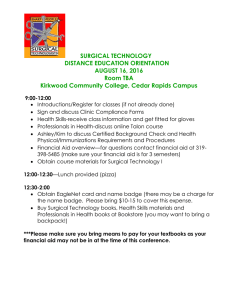


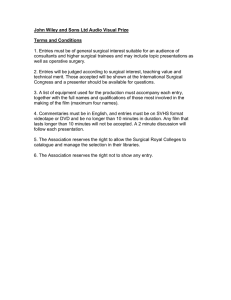
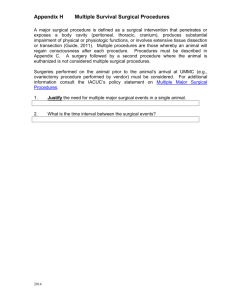
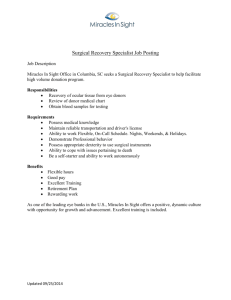
![Resume [Download]](http://s2.studylib.net/store/data/010211946_1-cfebe5d4e03d92837acf23c2f0ff3871-300x300.png)